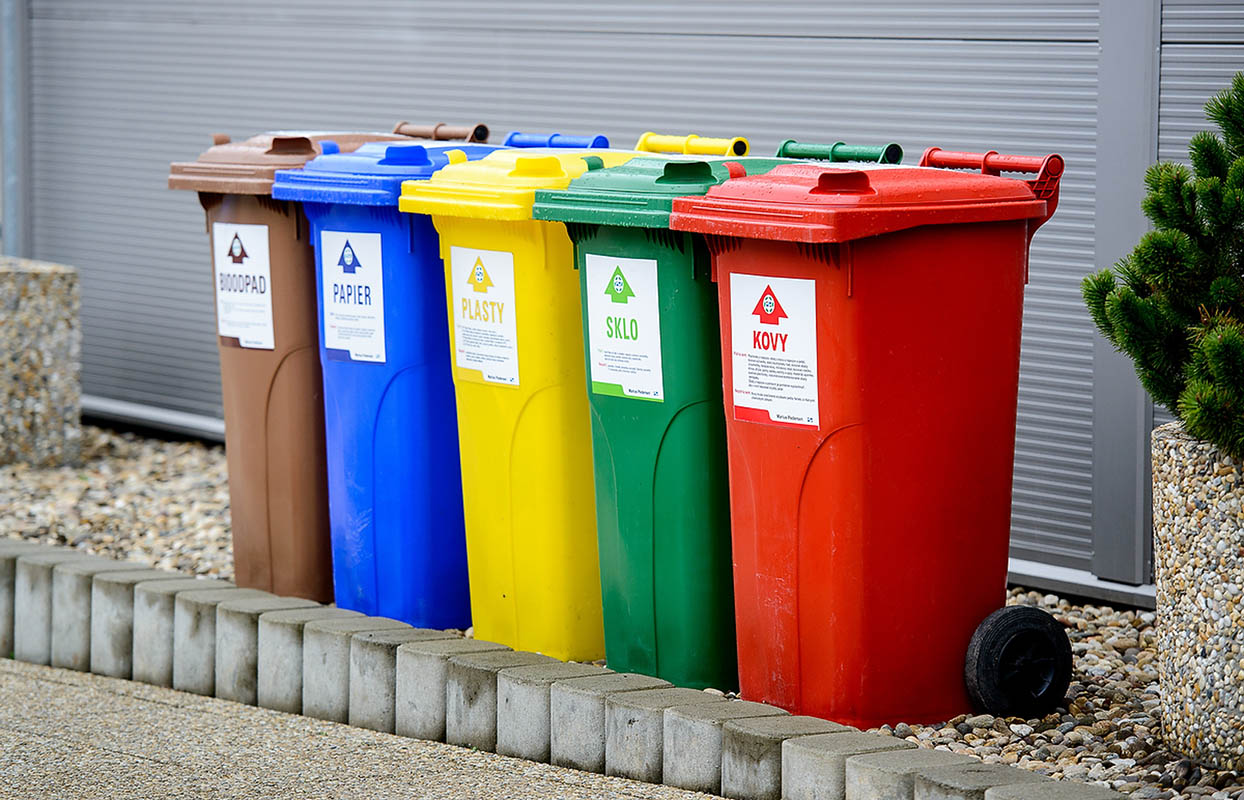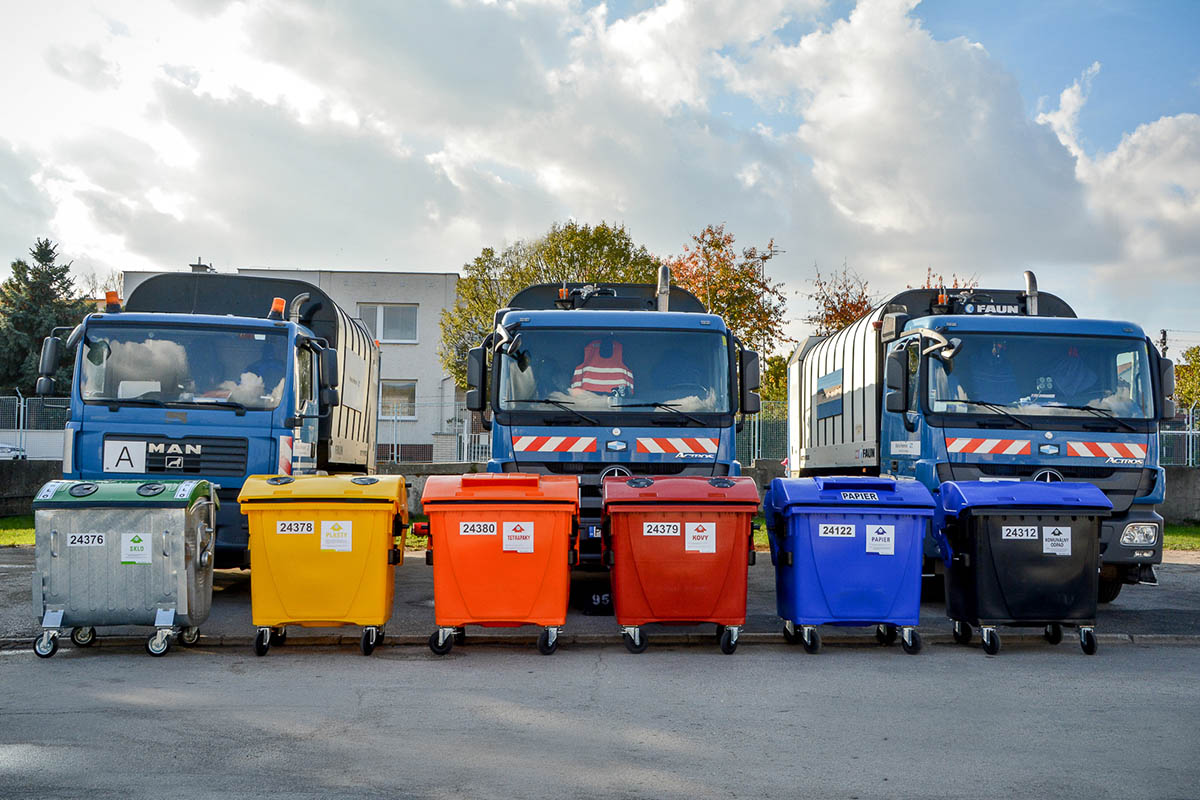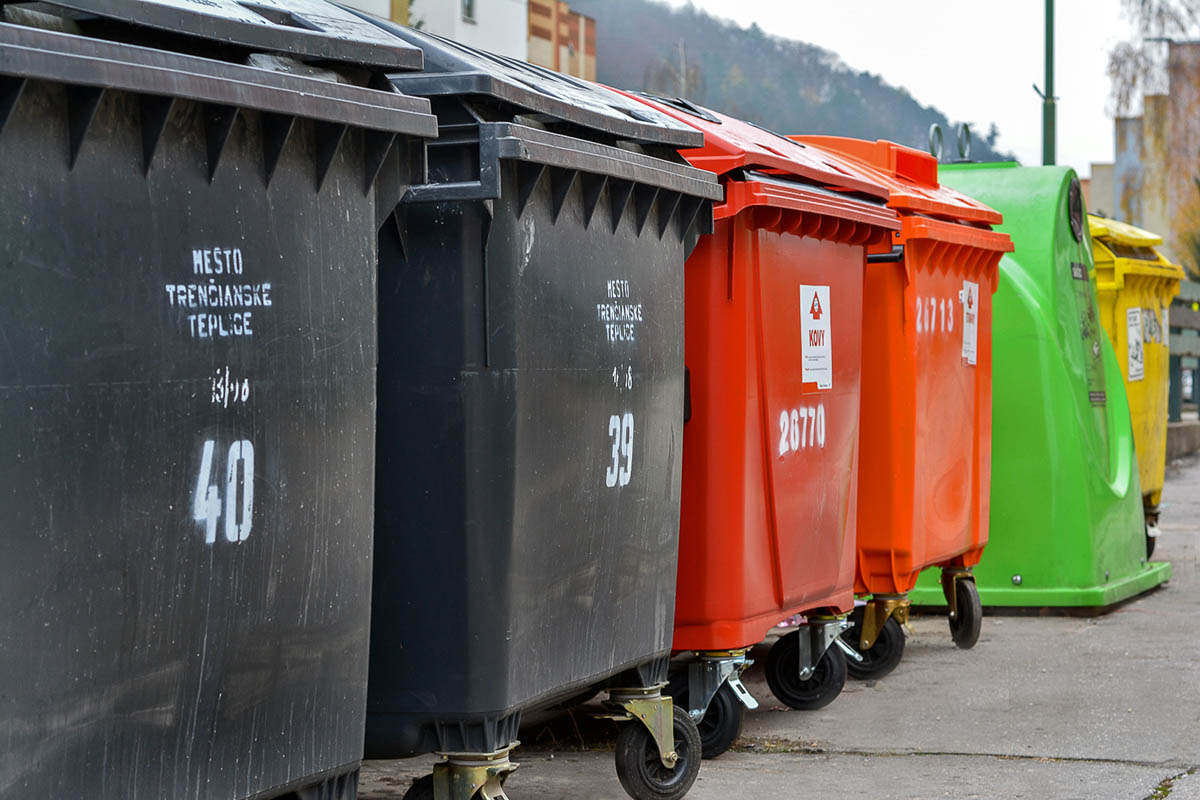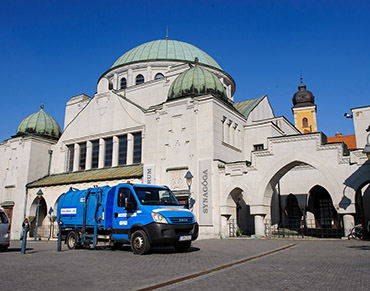Since July 2016, municipalities and cities have not paid collecting societies for the collection and removal of sorted waste – paper, plastics, metals and glass. These items are paid for by producers and importers of sorted commodities who have delegated their representation to the Producer Responsibility Organization (PROs). For the citizen, this means not paying for sorted paper, plastics, metals and glass in accordance with the Waste Act. As of 1 May 2017, it also does not apply to sorted beverage cartons, the so-called multilayer combined materials. The objective of municipalities and PROs is the same – to gradually reduce the amount of municipal waste, while increasing the number of sorted components of paper, glass, plastics, metals and multilayer combined materials based on cardboard. The citizen is thus motivated to increase the share of sorted waste in the municipal waste market. Since July 2016, municipalities and cities have not paid collecting societies for the collection and removal of sorted waste – paper, plastics, metals and glass. These items are paid for by producers and importers of sorted commodities who have delegated their representation to the Producer Responsibility Organization (PROs). For the citizen, this means not paying for sorted paper, plastics, metals and glass in accordance with the Waste Act. As of 1 May 2017, it also does not apply to sorted beverage cartons, the so-called multilayer combined materials. The objective of municipalities and PROs is the same – to gradually reduce the amount of municipal waste, while increasing the number of sorted components of paper, glass, plastics, metals and multilayer combined materials based on cardboard. The citizen is thus motivated to increase the share of sorted waste in the municipal waste market.
Marius Pedersen operates a waste sorting and recovery system. As part of its activities, it deals with sorting and recycling of paper, plastics, glass, multilayer combined materials based on cardboard, metals and other reusable materials.
Sorted collection containers shall be color-coded. Collection containers used to ensure the separate collection of municipal waste must be color-coded by coloring them in the following colors for the listed components:
- Blue for paper component
- Green for glass component
- Yellow for the plastic component
- Red for metal component
- Orange for multilayer combined materials based on cardboard
The colour differentiation may be replaced by the placement of a label indicating for which waste materials the collection container is intended until the new containers replacing the original collection containers are placed.
The specific conditions for the management of municipal and small construction waste in individual municipalities and cities are laid down in their General binding regulations.










